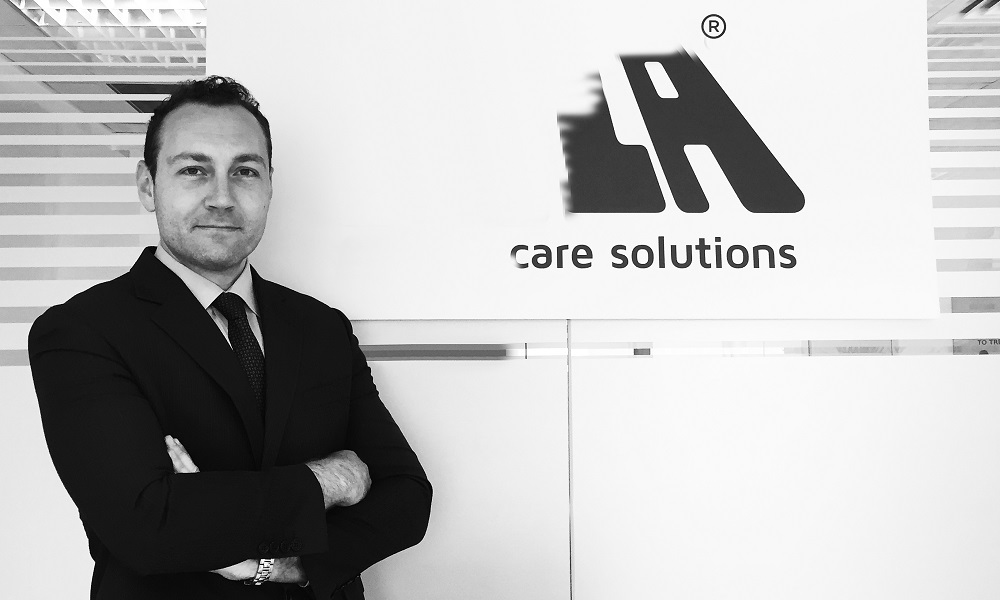Opinion: A matter of ethics
Fabrizio Nicoli, commercial director of the Middle East branch of FILA, discusses the importance of an ethical supply chain

As an expert in surface protection, FILA manufactures chemicals to protect, deep clean and maintain stone surfaces and tiles. More than once we have been contacted by customers with unsightly coloured stains on their floors in food areas, because they had been advised to protect the surface with a water-repellent solution only, with no additional anti-stain protection. This bad advice had caused real damage to the surface and is typical of companies with low ethics.
It is perfectly understandable to wish to be sure the products you are purchasing are effective and work as advertised, and there are many ways to verify that the company you are dealing with has strong ethics. Reliable companies have international certifications to testify their expertise. ISO certifications are the best-known, but there are also independent institutes that can attest to the quality of specific attributes of products.
For instance, in the case of surface protection, the company should be able to provide certificates for UV resistance, to ensure that the surface will not change colour due to prolonged exposure to sunlight; and for the non-alteration of the gloss of the surface or its friction value, as if the friction value of a surface is modified, it can have serious consequences in terms of safety. For restaurants and kitchens, products should be properly attested as food-safe.
A LEED and green certification is also essential today, to ensure the local green building requirements are met. Using a water-based product rather than a solvent-based one does not mean you gain credits for the green building ratings; only a proper LEED certification does. Asking your supplier for official certificates and guarantees is a sure way to sort out trustworthy companies from unsafe ones.Another way of making sure your supplier is ethical is the customer service and advice it offers. When it comes to surface protection, the supplier should be able to carry out tests, with its products, on samples of the surface that needs to be protected.
Reliable companies are able to check the durability of their products in their laboratories by simulating different weather conditions and accelerating the aging of samples. You can also ask for the tests to be certified by an independent organisation. Once the tests have been done, you can able to see for yourself if the products will have the desired effect. Whenever possible, ask for a sample or test, to check the quality and effectiveness of what you are purchasing.
Another dependable element to make sure a supplier is trustworthy is its previous clients. Most very large projects take the time needed to compare different suppliers and only select the very best. This means asking a supplier for project references can be very telling in terms of how well-evaluated and trusted that company is. You could even visit the location and check the durability of the products for yourself, or ask for the name of the company that purchased the products and contact it to see how satisfied it is with the products.
Last but not least, the ethics of a supplier is also testified by its consistent online presence. If you can easily access product pages and technical and safety sheets from the website, you have a complete idea of the characteristics of a product. This transparency goes hand in hand with easy access to technical assistance.
Complete, effective and quick customer service means a supplier is available through traditional emails and phone calls, but also supplies video tutorials and blog posts and uses social media and instant messaging as a way to be available for customers in a more direct way, while proving its trustworthiness and professionalism. Moreover, it is good practice for a supplier to show international case histories so that customers can see the actual results and know what to expect.
In short, there is much tangible, factual information available to verify the ethics of a company when considering the purchase of products or services.

























